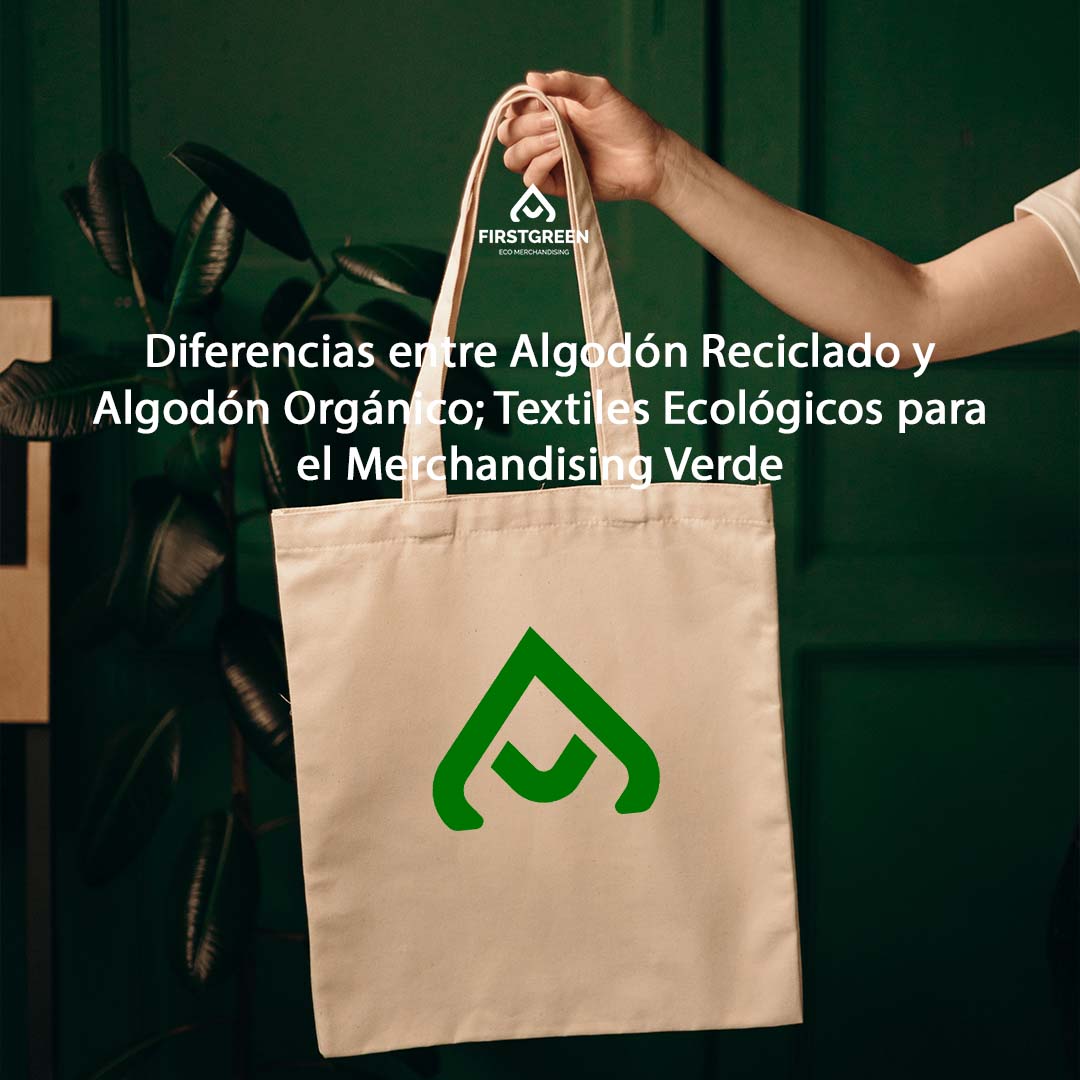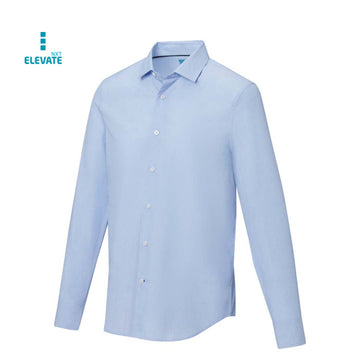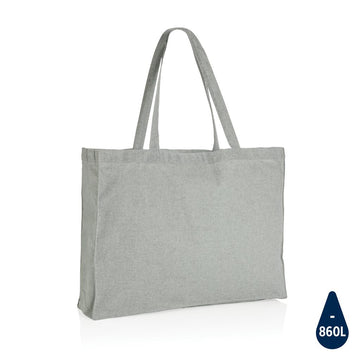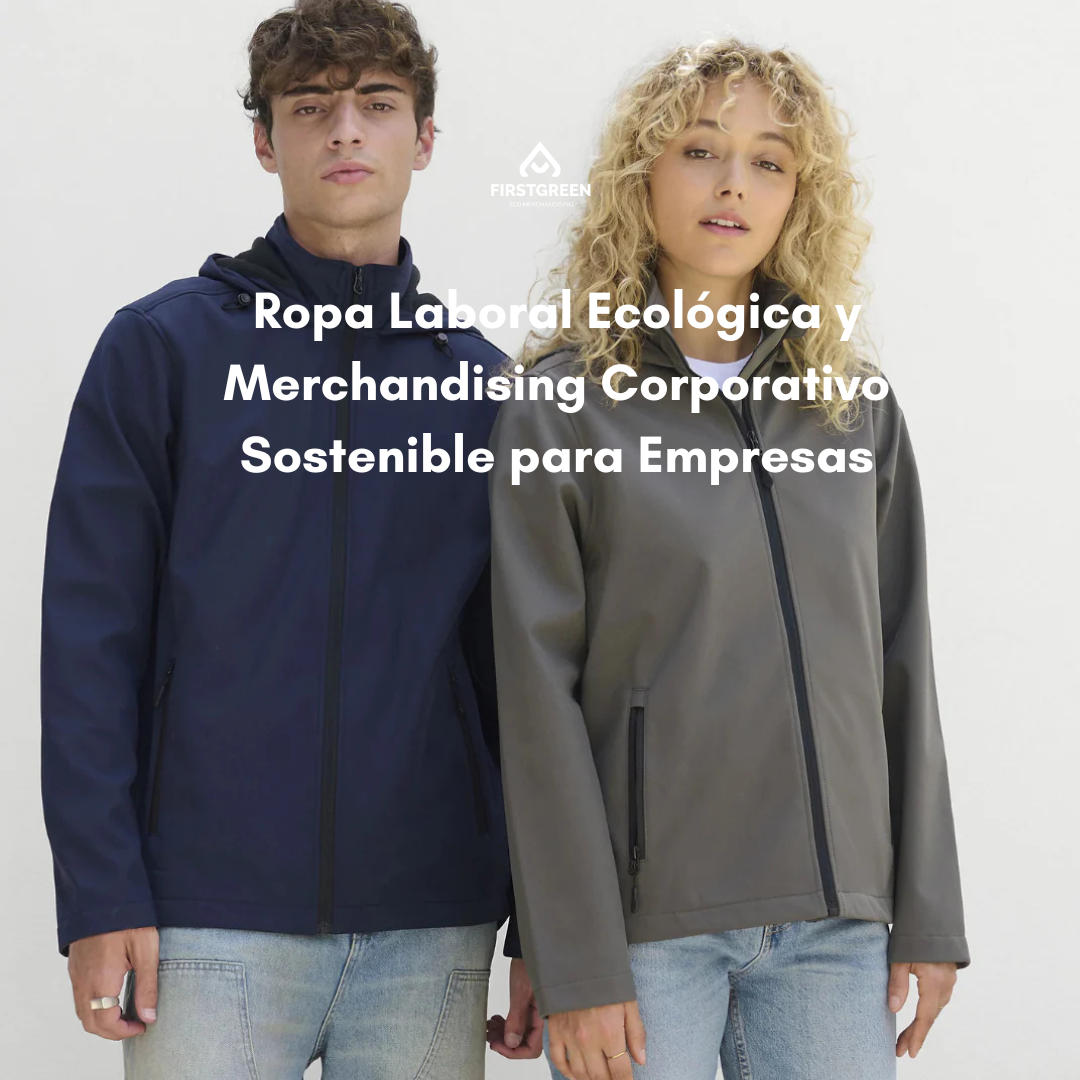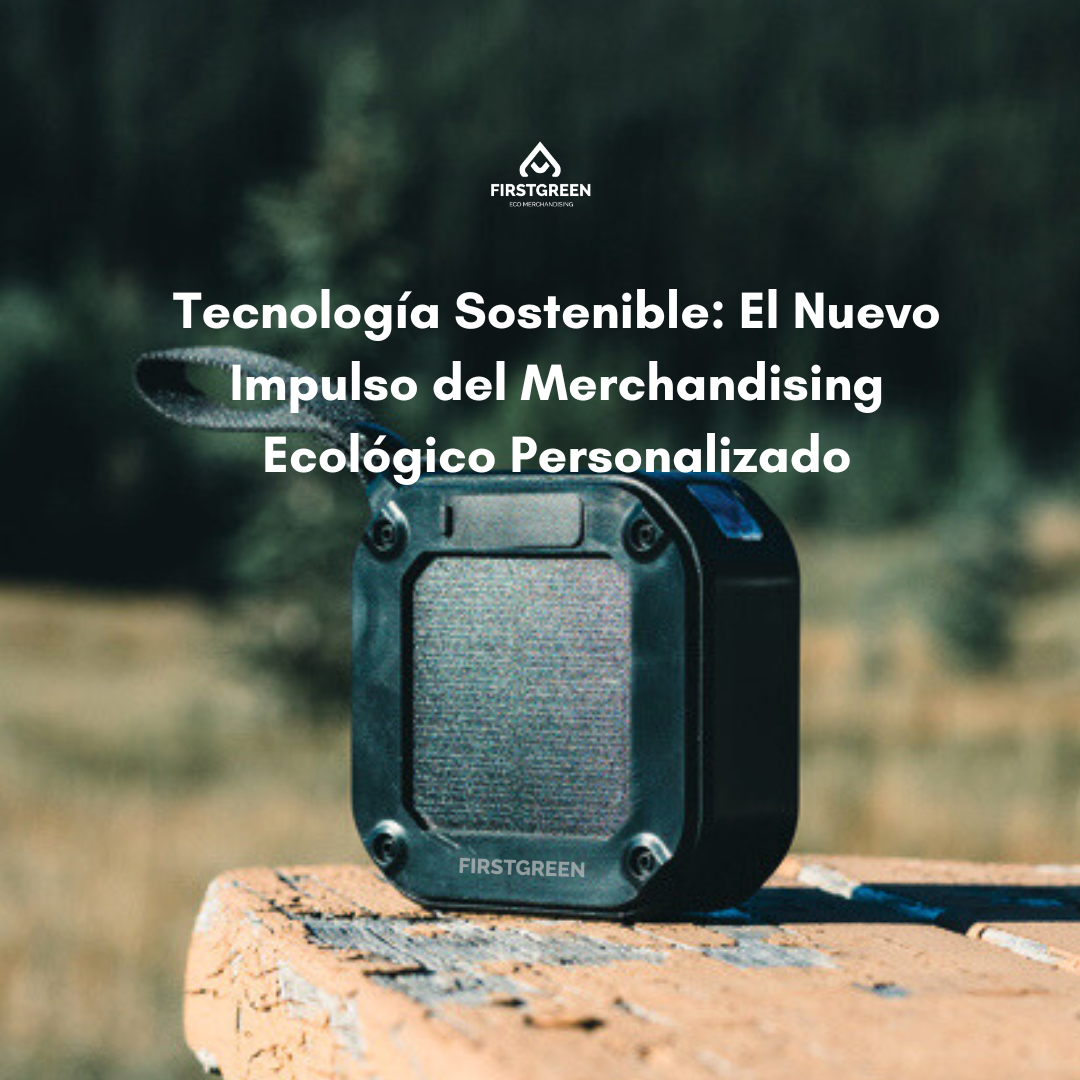In the search for eco-friendly corporate gifts, the dance of names that indicate the origin of eco-friendly materials has grown considerably. In sustainable corporate gifts, the value of adjectives takes on special importance, such as words like recycled, organic, recyclable, environmentally friendly, sustainable material or biodegradable.
In this article I will focus on the difference between personalized gifts made of organic cotton and promotional products made of recycled cotton such as eco-friendly textiles for companies used as an alternative to conventional cotton. Both materials have a positive environmental impact, but do you know what sets them apart?
1.- Origin of cotton.
Conventional cotton: Conventional cotton cultivation uses traditional methods that do not prioritize environmental sustainability, in which the use of synthetic fertilizers and chemical pesticides is common.
Organic cotton : Organic cotton is a crop that does not use pesticides or chemical fertilizers . Organic cotton crops take into account natural and sustainable methods that preserve biodiversity and protect soil health.
Recycled cotton : Recycled cotton is obtained from used or discarded cotton garments, thus avoiding the need to grow more cotton, reducing the demand for natural resources and textile waste that ends up in landfills.
Using sustainable personalized textiles is an example of a company's corporate social responsibility, an image of sustainability through the use of sustainable brands both at the level of cheap promotional gifts for events , as well as work and safety clothing with recycling and sustainability certifications. This is the case of the Organic Cotton Eco-friendly Shirt to personalize with GOTS certification for men and women.
2.- Water consumption:
Conventional Cotton: Due to its high global demand, cotton has been attempted to be grown in areas where significant irrigation is required to maintain it, depleting the water resources of the area, and promoting desertification, creating a negative environmental impact.
Organic Cotton: When growing organic cotton, the sustainability of the crop is taken into account. Irrigation practices are more efficient in order to reduce water consumption as much as possible. In areas less viable for cultivation, drip irrigation is used, and cotton varieties that are more resistant to drought are selected to reduce water consumption as much as possible.
Recycled Cotton: Since it is made from already manufactured cotton, its water consumption is significantly reduced compared to virgin cotton, since the amount of water from additional crops is reduced. Recycled cotton t-shirts, specially designed for sporting events, are trendy products that fight through recycling to reduce polluting practices.
3.- Uses of Chemicals:
Conventional Cotton: The excessive use of chemicals and fertilizers (in addition to contaminating water, the environment and the health of the entire environment) ends up degrading the quality of the soil and endangers future agriculture.
Organic Cotton: In organic cotton farming, pesticides and fertilizers are eliminated in favor of natural and comprehensive pest management methods to protect cotton plants. This keeps the soil and water clean and protects the biodiversity and health of farmers and nearby communities.
Recycled Cotton: The process of recycling cotton may require chemicals to clean and break down the recycled garments. But the amount used is still much smaller than in the production of new cotton.
4.- Waste Reduction:
Conventional Cotton: Virgin cotton is not related to textile waste reduction, as it is not reused or recycled.
Organic Cotton: Organic cotton is sustainable in terms of its cultivation, but it has no relation to the problem of textile waste.
Recycled Cotton: Recycled cotton, on the other hand, helps reduce the amount of textile waste and landfills by reusing already used and/or discarded cotton garments.
5.- Life Cycle:
Conventional Cotton: Conventional cotton maintains its quality for quite a long time, and is a biodegradable material.
Organic Cotton: Organic cotton garments are durable and biodegradable, two sustainable qualities that allow them to extend their life cycle and reduce their environmental impact.
Recycled Cotton: Cotton is a material that can be recycled, but its quality can decrease with each recycling cycle. On average, it is said that cotton can be recycled 3 to 5 times without losing much quality, and is then used for further textile products such as kitchen cloths, fillings, and insulation materials. Recycled cotton contributes to the reduction of textile waste, prolonging the life cycle of textile products, and is sustainable in terms of waste management.
6.- Textile characteristics:
Conventional Cotton: Conventional cotton is a soft, breathable, durable, easy to dye, and widely available material, widely used in the textile industry, and often cheaper than other options.
Organic Cotton: Organic cotton is softer, more durable and breathable than conventional cotton because its fibers are longer. In addition, by not using toxic chemicals in its production, organic cotton is antimicrobial, reduces the possibility of allergies and is biodegradable at the end of its useful life.
Recycled Cotton: The quality of recycled cotton can vary depending on the source and recycling process, which can affect its softness and durability. The less blending and contamination the recycled cotton has, the higher its quality.
Cotton is a material that, when mixed with other sustainable materials, can create hybrid fabrics, thus taking advantage of the qualities of each material and improving them in terms of performance and sustainability. With these blends, recycled cotton compensates for any quality losses it may have with other qualities of the materials with which it is mixed:
Recycled cotton blends with:
High visibility promotional gifts made from recycled fabric, such as personalized organic cotton bags , increase their resistance capacity, promote durability, reduce resources and pollution, and also make your brand image visible for longer. Some common mixtures between recycled fabrics that seek an ecological visual impact are:
Organic Cotton. The combination of recycled cotton with organic cotton results in a high-quality material, highly sustainable in terms of cultivation and waste management, with qualities that make it comfortable to wear and very sustainable.
Rpet fibers: By mixing rpet (recycled plastic bottles) with recycled cotton, durable and sustainable fabrics can be achieved. This material is widely used in sportswear and technical textiles.
Hemp and jute; Increases the durability and resistance of fabrics.
Bamboo: Bamboo fibers are soft and environmentally friendly from fast-growing, low-water plants. Bamboo and recycled cotton garments enhance the softness and breathability of fabrics, making them suitable for comfortable, cool clothing.
Quality eco-friendly details feature third-party certifications verifying adherence to organic practices and standards.
For Organic Cotton the most common is the GOT (Global Organic Textile Standard) certificate which verifies:
- Use of non-genetically modified seeds.
- Cultivated without pesticides or synthetic chemical fertilizers.
- Sustainable soil management and water conservation practices.
- Ban on the use of harmful chemicals in textile processing.
- Fair labor standards and safe working conditions.
For Recycled Cotton , the most commonly used certificate is GRS (Global Recycled Standard) which verifies.
- Origin and traceability of recycled fibers,
- Compliance with environmental and social standards in production
- Control of chemical substances and compliance with safety regulations.
In short, organic cotton and recycled cotton are the most sustainable alternative for environmentally friendly corporate gifts, with qualities similar to conventional cotton in terms of fabric, but with a different environmental image vision, in which respect for sustainability and the communities that grow and harvest it by hand prevails.

